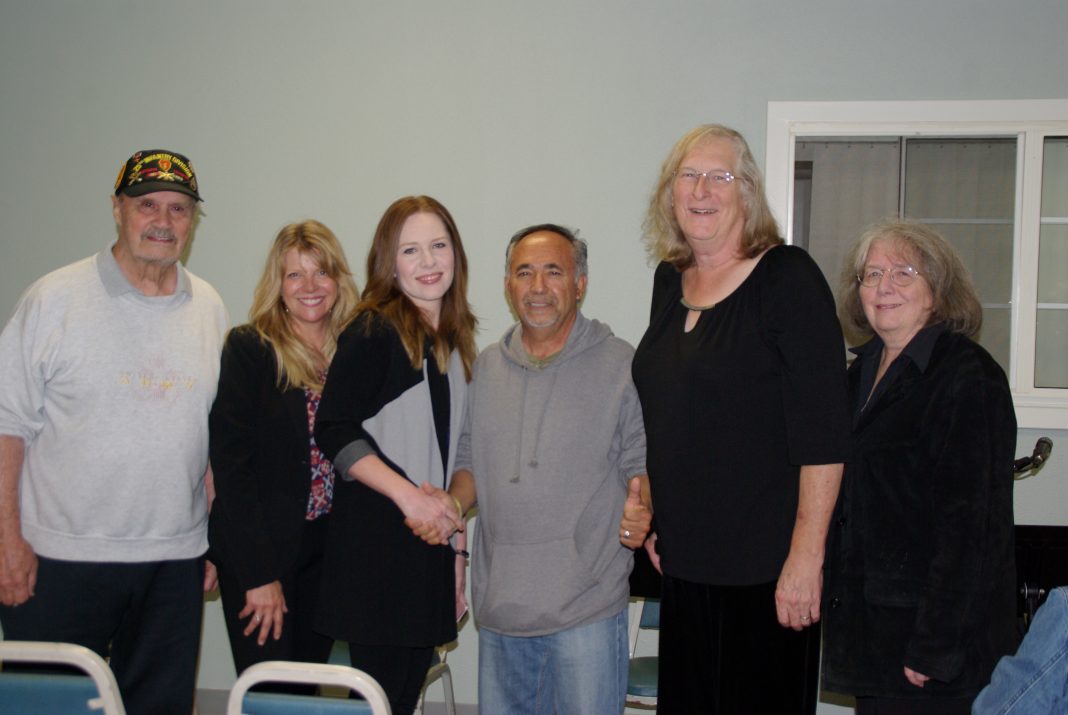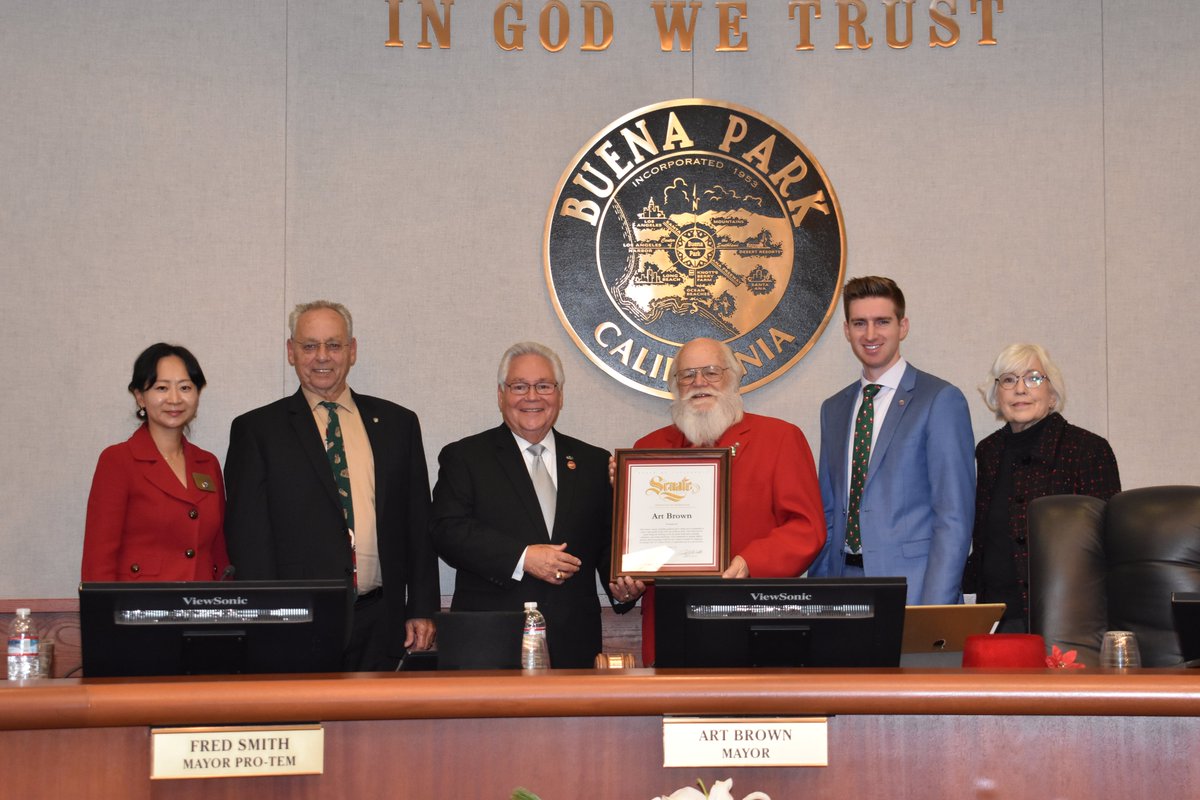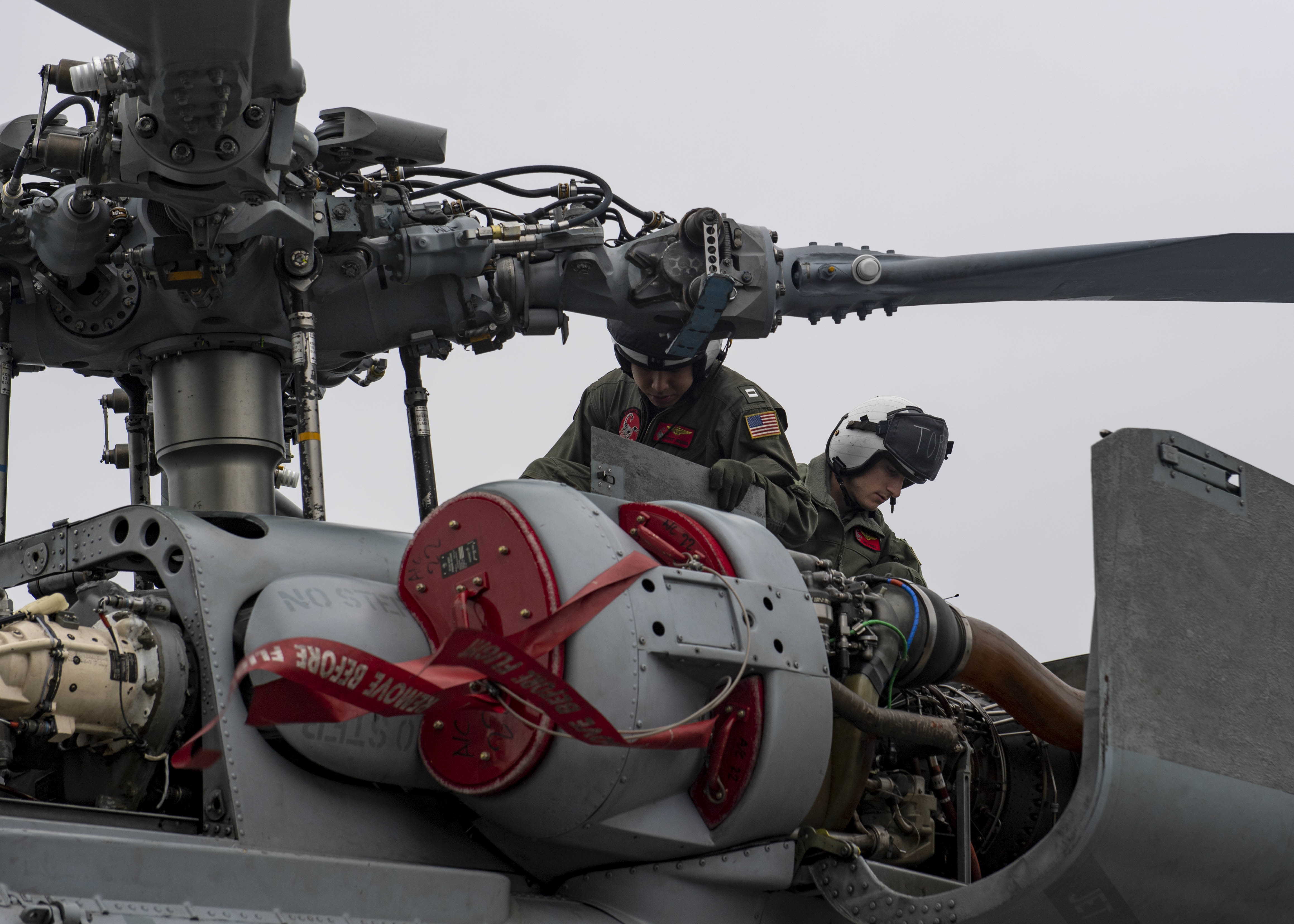By Loreen Berlin
Though a civilian may think they know what it is like to be in the military, the “Voices: Veterans StoryTelling Project” is a revelation of what life is really like in the military.
Recently, in the Centennial Building near the veterans museum on the Orange County Fairgrounds, Voices: Veterans StoryTelling Project’s program was presented to a packed house.
And what an amazing program, to hear the veterans tell their true, firsthand experiences, from the sadness, grief and sorrow, to the good experiences, while serving the America all Americans enjoy because of veterans.
And, as always, no one in America would be living in freedom, speaking their minds so freely and going about life as they please, without veterans.
Hats off to the veterans—and more in praise—what an amazing group of people.
Thank you to all veterans who have served and continue to serve America and its citizens, that we may all experience daily freedom.
The stories for the evening were written by six veterans who faithfully served their country; those stories were then compiled into a script by Writer/Director Dave Barton with Monkey Wrench Collective, in collaboration with Arts Orange County President/CEO Richard Stein, so the veterans could take turns telling their own stories in a sequential order of military events.
For an event of this magnitude, those behind the scenes from those who mic the participants and modulate the sound, to the set up and tear down crews, along with spouses who hold down extra duties at home so those on the forefront can accomplish their jobs; kudos for that untiring support and service.
In part, the program went like this, with each military person introducing themselves and telling of their particular military brand and time served, except for some, for whom the experiences are still too raw and real; those were given by a reader.
Adrienne Parks: I was commissioned a 2nd Lieutenant, also known as a “butter-bar,” and I was promoted to the rank of Captain during my stint in the U.S. Army Signal Corps. In 1970, my life was focused on my Master’s thesis as a student at the University of Maryland, College Park. I was a hippie anti-war cartoonist for the university newspaper, a feminist challenger of the status quo who co-founded both the University of Maryland, College Park and Washington, D.C. Women’s Centers. I was young, so young and naive, but I set out to change the world. In 1973, I was mugged and forced to look down the double barrel of a sawed-off shotgun. To re-empower myself, I sought safety in Karate/Kung Fu. Once I reached blue belt, I in turn taught free self-defense instruction to my feminist sisters at the D.C. Women’s Center. For me, life had become about empowerment, holding onto what little control I seemed to have over my life, and challenging an unfair balance of testosterone and guns.
Jeanne McCarthy: Read by Criminal Defense Attorney Dallis Warshaw, who works specifically with veterans, and also hosts the podcast “A World Apart,” which tells the stories of current and former service members.
McCarthy served in the Army National Guard from Feb. 1999 to Dec. 2001 as an Armor Engineer, serving in the US Army from Dec. 2001 to Dec. 2004 as a Supply Sgt. E-4 Cpl. I went to art school and worked for the American Red Cross in a homeless shelter. I was an activist and was artistic and in love with life, being very social, attending a lot of events.
Al Harvard is a retired Army Major. His service was from 1957 to 1979 and was what the Navy and Marines call a “maverick,” serving eight years enlisted; as an E-6 he attended Officer Candidate School for commissioning in 1965.
My childhood years in Detroit were sensational. I went to an all-boys Austin Catholic High School from 1952 to 1956 and was somewhat of a rebel; I didn’t have any discipline problems, but that’s because I seldom got caught. I got my first car at 16 years of age, which made me big man on campus as a high school junior. Between high school and college at The University of Detroit, I worked at a meat packing plant, where my supervisor was a Korean War Veteran, Eric Kazinski. He stopped me from smoking Lucky Stikes and had me switch to smoking Pall Mall, saying they lasted longer. But the big change was when I was 17; I had a terrible potty mouth and he cured me of that. He took me outside of the plant and asked me to describe everything and everyone I saw. We went back inside and he repeated what I had said. I was dumbfounded. He also influenced me to join the Army. In Oct. of 1956, he loaned me his Army uniform for a Halloween party. Eric was a sergeant first class E-7. While wearing his uniform, I stopped to gas up and a stranger came up and said, “Let me pay for the gas, soldier.” That was a wakeup call.
Danny Marquez served in the Army from 1976 to 1979 as an E-5 Sgt. Before I enlisted in the Army in 1976, I was 21 years old and going through some changes in my life. I had been married for about six months and was transitioning from my job as a clerk at a Safeway store, which I felt was a dead-end job. I wasn’t happy, so I took a pay cut and got another temporary manufacturing job in Santa Barbara. Looking back, my future was uncertain financially and career-wise. I found myself without a clear plan or goals, until I decided to enter the military, which gave me the focus and direction I needed, even though I didn’t plan to make the military a career.
Michelle Evans was in the U.S. Air Force from Oct. 1973 to Nov. 1980, serving two enlistments as a Missile Systems Analyst at Fairchild AFB in Washington State. I was finishing high school, and my parents had divorced. There weren’t prospects for any help to go to college from that avenue. In addition, my love of space led me naturally to the idea of enlisting in the U.S. Air Force where I could get experience working on missiles. It might not have been NASA, but it was as close as I could get until earning my degree. I became a bit of a black sheep in our family because of this decision, since both of my mother’s and father’s side had always served in the U.S. Navy, all the way back to the War of 1812.
I also tried to prove to myself, through joining the military, that I could be the “man” everyone told me I was, rather than being the woman I had known I am, from my very earliest childhood memories.
As a transgender woman in a society that did not yet have that word in their vocabulary, I had learned to be seen as a male, and felt that I would be just fine in a military career. Even though I thought I was well hidden, I had been bullied relentlessly during school and thought maybe this would change under the regimentation of service life.
Bonnie Silver was a sergeant in the Army and served from 1992 to 1998. I am kind of a walking dichotomy. Before I joined the Army, I was actually a flight attendant. When Eastern Airlines went out of business, I moved back to my hometown in Illinois and tried take some college classes. I was 23 when my big brother, who was serving in the Marine Corps, returned home safely from the Gulf War. I was not feeling like going to school so I called him and asked for his advice, saying that I was seeking structure and discipline and he recommended the military.
“Every one of us took the oath to protect the United States from all enemies, both foreign and domestic; there should be no question of our loyalties. This is your country, my country, our country,” said Evans.
“Veterans have turned their hardships toward making a better life for other veterans—trying to focus on the positive and not the negative and to help them land on their feet,” said Marquez.
These six individual lives are much more complex than can be explained in just a few words. This is just a capsule of the ongoing Voices of Veterans and we thank them endlessly for their tireless service.
For additional information about “Voices: Veterans Storytelling,” visit OCFair.com.









